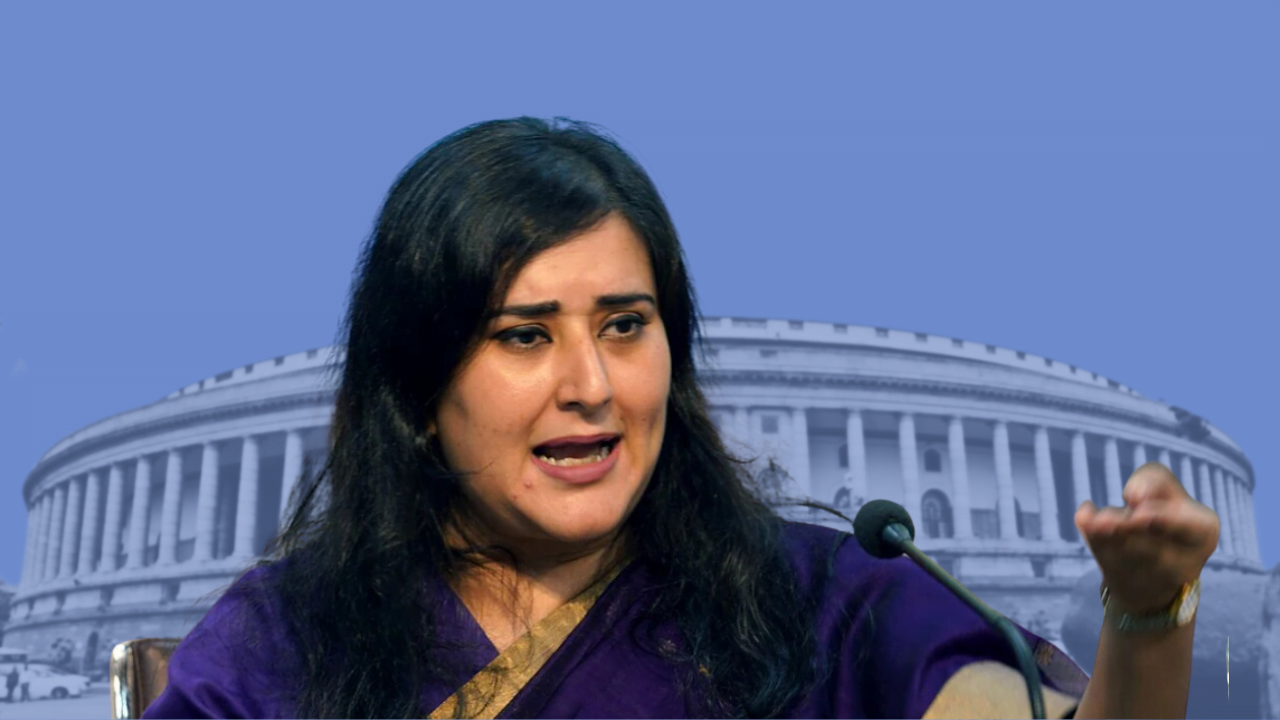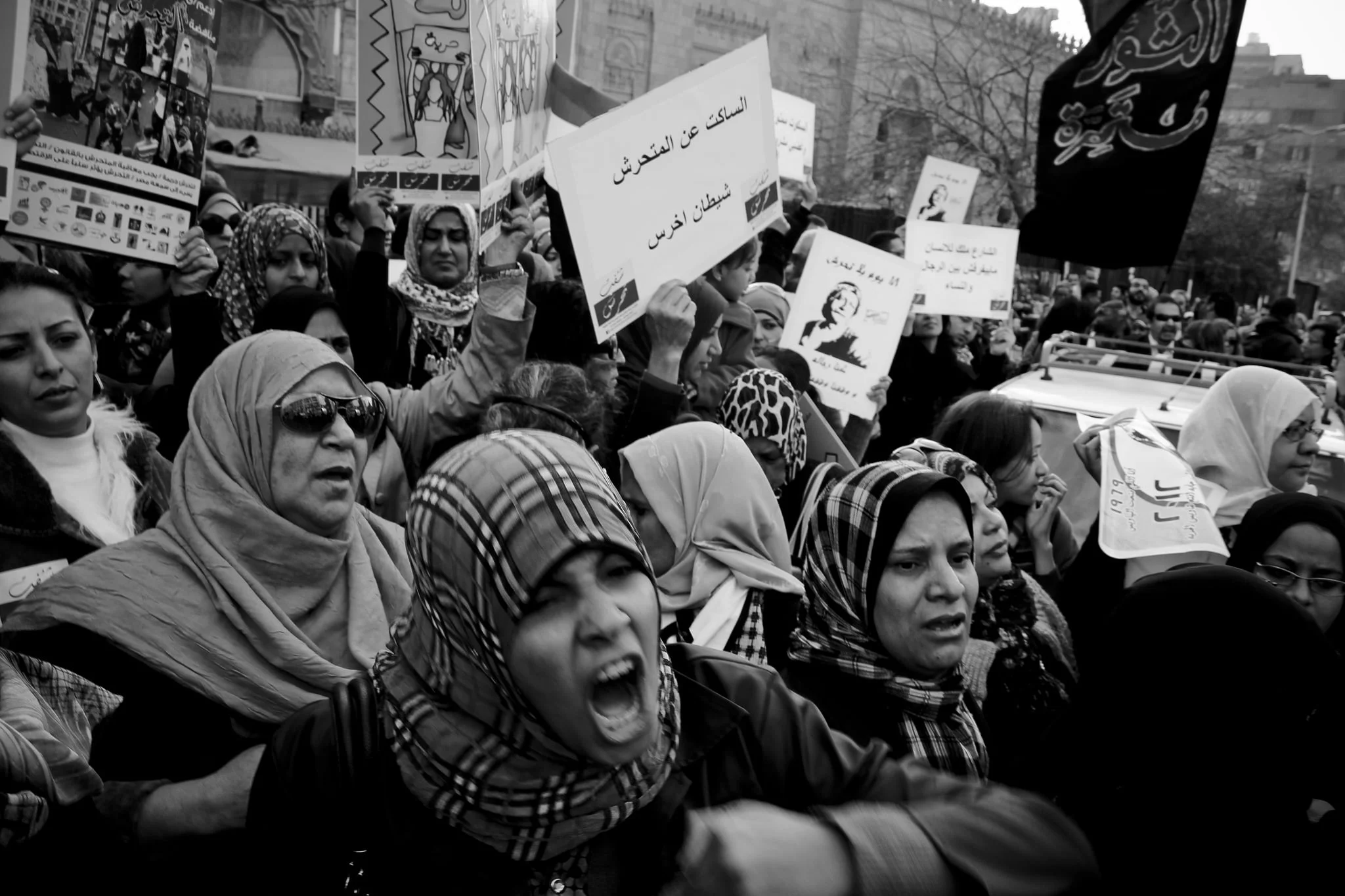In a move that has ignited discussions surrounding political nepotism and dynasty politics, Bansuri Swaraj, the daughter of late BJP stalwart Sushma Swaraj, is set to make her electoral debut in the upcoming Lok Sabha elections. The 40-year-old lawyer has been fielded by the ruling Bharatiya Janata Party (BJP) from the prestigious New Delhi constituency, replacing the incumbent Union Minister Meenakshi Lekhi. As she prepares to embark on her political journey, Bansuri finds herself at the intersection of her family’s legacy and the ever-present debate over the influence of political dynasties in Indian democracy
A contested inheritance
Born into a family steeped in politics, Bansuri’s pedigree is undeniable. Her mother, Sushma Swaraj, was a towering figure in Indian politics, serving as the Minister of External Affairs and the Chief Minister of Delhi, among other prominent roles. Sushma’s unwavering dedication to public service and her ability to connect with the masses earned her a widespread following, and her untimely demise in 2019 left a void in the political landscape.
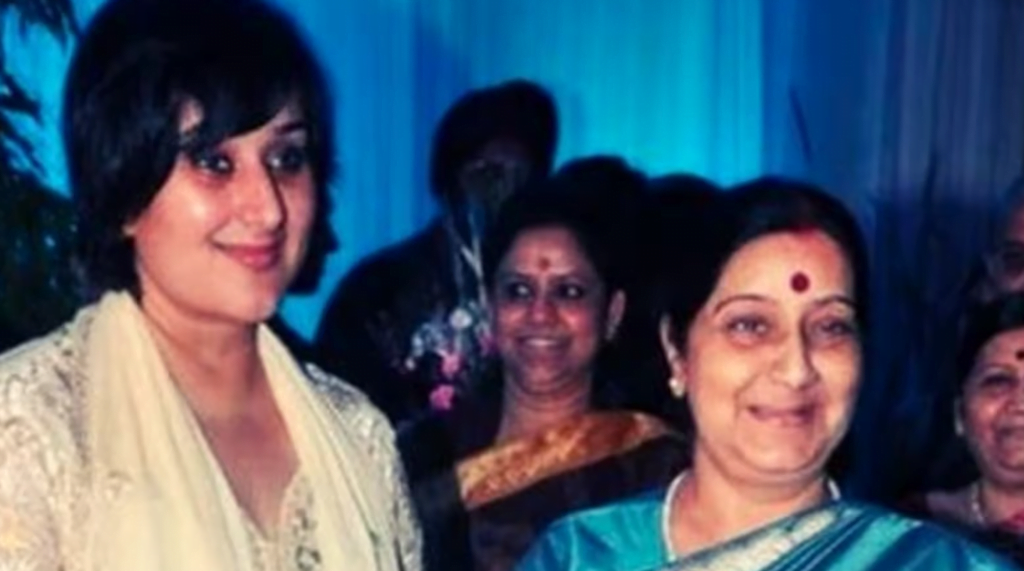
It is this void that Bansuri now aims to fill, inheriting not only her mother’s legacy but also the weight of expectations that come with it. Her entry into the fray has reignited discussions around the role of political dynasties in Indian democracy, with critics arguing that such nepotistic practices undermine the principles of meritocracy and equal opportunity. They contend that political power should be earned through merit and hard work, not inherited through familial connections.
However, Bansuri’s supporters counter these criticisms by pointing to her impressive academic credentials and professional achievements. A graduate of the prestigious Oxford University and the University of Warwick, she was called to the Bar at the Honourable Society of Inner Temple in London. Since 2007, she has carved out a successful legal career, serving as the Additional Advocate General for the state of Haryana and representing high-profile clients in complex litigations spanning contracts, real estate, tax, and international commercial arbitrations.
Her advocates argue that her qualifications and experience in the legal field make her a formidable candidate, regardless of her family background. They contend that her pedigree should not be held against her, as long as she demonstrates her capabilities and earns the trust of the electorate through her actions and policies.
Potential policy priorities
If elected, Bansuri is expected to champion the BJP’s agenda, aligning herself with the party’s ideological principles and policy positions. Given her legal background, she is likely to advocate for judicial reforms and measures to strengthen the rule of law. Her expertise in commercial litigation could also inform her approach to economic policies, with a focus on creating a business-friendly environment and attracting investments.
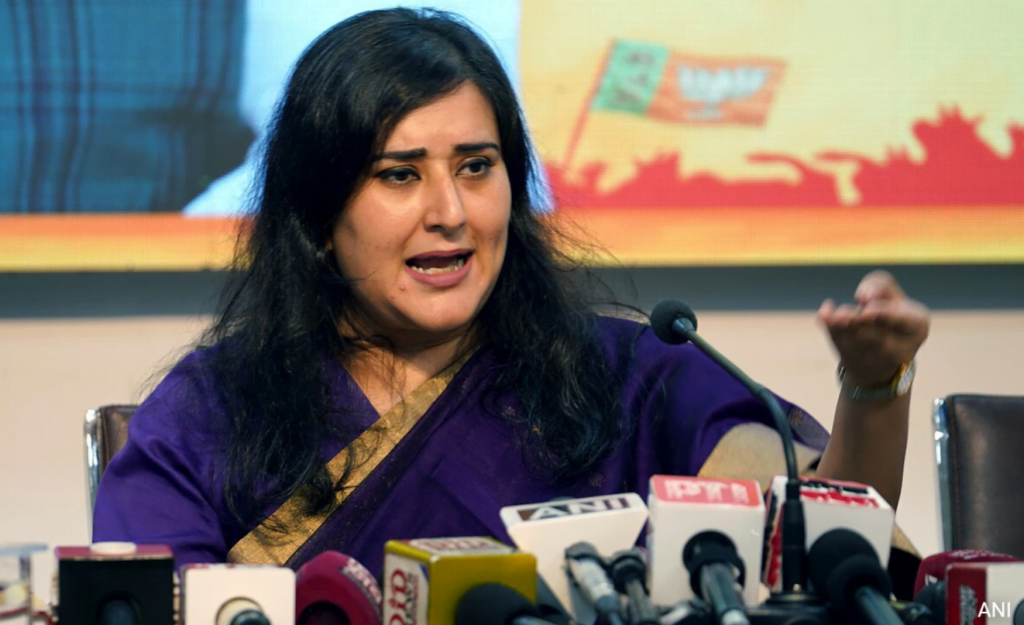
Moreover, as a woman from a political family, Bansuri may emerge as a voice for women’s empowerment, advocating for greater representation of women in decision-making roles and promoting initiatives aimed at addressing gender-based disparities. Her mother’s legacy as a trailblazer in Indian politics could serve as a guiding force in this regard.
A polarising figure
Bansuri’s foray into politics began last year when she was appointed as the co-convener of the BJP’s legal cell in Delhi. Her vocal criticism of the Aam Aadmi Party (AAP) government in the national capital and her staunch defence of the BJP’s policies have earned her both praise and criticism from different quarters.
Supporters laud her as a firebrand orator and a worthy successor to her mother’s legacy, capable of carrying forward the BJP’s agenda with passion and conviction. They believe that her legal expertise and her ability to articulate complex issues effectively will resonate with the electorate, particularly in a constituency like New Delhi, which has a sizeable population of educated and discerning voters.
Critics, however, accuse her of benefiting from her family’s political clout and question her ability to connect with the masses, a trait that defined her mother’s political success. They argue that while she may excel in legal circles, the true test of a politician lies in their ability to understand and address the concerns of ordinary citizens.
The AAP Offensive
The AAP, Bansuri’s primary opponent in the New Delhi constituency, has launched a scathing attack on her candidature. Senior AAP leader and Delhi minister Atishi has accused Bansuri of defending “anti-national forces” in court, referring to her representation of controversial figures like Lalit Modi, who is facing allegations of financial irregularities. The AAP has also criticised her for defending the BJP-led Centre’s stance on contentious issues like the Manipur violence and the alleged tampering of votes in the Chandigarh mayoral elections.
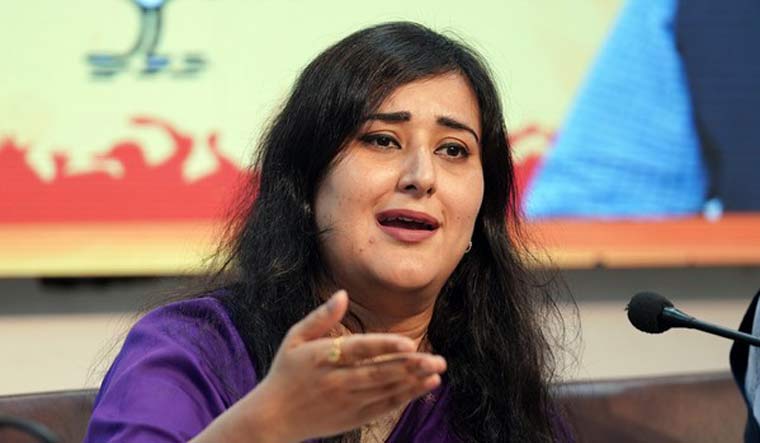
Bansuri, however, remains unfazed by these allegations, dismissing them as baseless and asserting that the people will give a fitting reply to her detractors at the ballot box. Her confidence stems from her belief that her legal acumen and her ability to articulate complex issues effectively will resonate with the electorate.
As the campaign trail heats up, Bansuri’s candidature will undoubtedly face intense scrutiny, not only from her political opponents but also from those concerned about the influence of political dynasties on Indian democracy. Her ability to carve out her own identity, distinct from her mother’s legacy, and to connect with the diverse constituents of the New Delhi constituency will be put to the test.
Amidst the noise of accusations and counteraccusations, one aspect that cannot be ignored is the potential for sympathy votes. Sushma Swaraj’s enduring popularity and the emotional connection she shared with the people could translate into a groundswell of support for her daughter, as voters seek to honour the late leader’s memory. This phenomenon of sympathy voting has been observed in various elections across India, where the children or spouses of beloved leaders have ridden to victory on the back of their family member’s legacy.
However, relying solely on sympathy votes would be a disservice to the democratic process and to Bansuri’s capabilities as a political aspirant. It is incumbent upon her to articulate her vision, her policies, and her commitment to the welfare of her constituents, transcending the confines of her family’s legacy. She must demonstrate her ability to connect with the electorate on her own merits, addressing their concerns and aspirations in a manner that resonates with their lived experiences.
The dynasty debate
Critics argue that sympathy voting, while understandable on an emotional level, can lead to a perpetuation of political dynasties, stifling the emergence of new leaders and fresh perspectives. They contend that true democracy thrives when the electorate critically evaluates candidates based on their merits, rather than being swayed by familial ties or emotional attachments.
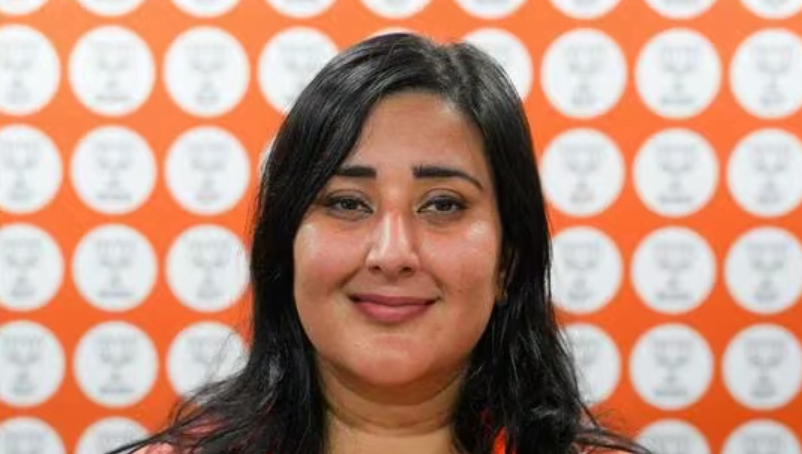
As the nation gears up for the 2024 Lok Sabha elections, Bansuri Swaraj’s political debut will be closely watched, not only for its implications on the balance of power but also for its broader ramifications on the issue of political dynasties in India. Her success or failure at the polls will shape the discourse around this contentious topic and serve as a litmus test for the electorate’s acceptance or rejection of such practices.
Regardless of the outcome, Bansuri’s entry into the political arena is a defining moment in her life, one that will shape her future and potentially pave the way for a new generation of Swarajs to leave their mark on Indian politics. As she navigates the challenges and the controversies, her ability to emerge as a leader in her own right, unburdened by the weight of expectations and accusations, will be the true measure of her mettle.
If she succeeds in winning the hearts and minds of the electorate, she may well blaze a trail for others from political families to follow, proving that nepotism need not be a dirty word if the candidate can demonstrate their capabilities. However, if she falters, it could further fuel the scepticism surrounding dynasty politics and compel political parties to re-evaluate their reliance on familial ties as a means of securing votes.
Ultimately, the ball lies in the court of the voters, who will have the final say in determining whether Bansuri Swaraj’s candidature represents a continuation of dynastic politics or a testament to the democratic ideals of meritocracy and equal opportunity. As the nation watches with bated breath, the stage is set for a pivotal moment in India’s political history, one that could redefine the contours of the debate around dynasty politics for years to come.
About the author(s)
Fat, neuro-diverse, and queer are the foremost words Sahil uses to describe themselves. A full-time undergraduate student of Economics at the University of Delhi, Sahil is a Laadli Media awardee of 2023. They are also a recipient of the Reliance Undergraduate Scholar for 2023 and various prestigious fellowships including Global Citizen Year Academy '22 and Civics Unplugged (Civics Innovator Fellowship ’22). Sahil regularly writes for Thred Media, and also for Youth Ki Awaaz as an alumnus of the Justice-Makers WTP ’22.
Sahil is part of UNICEF India's YuWaah Young People's Action Team (YPAT) 2023 and the YLAC Ambassador for Delhi.
